As highlighted in the Irish Farmers Journal last week, uptake of the scheme to incentivise the removal of calves persistently infected (PI) with bovine viral diarrhoea (BVD) has been slow, with only around 200 claims made to date.
It is understood that less than 50% of herdowners eligible to apply have used the scheme, the inference being that these farmers are choosing to hold on to PI calves. Given that most of these PI calves will die before reaching maturity, and shed more virus around the farm, retaining them is a false economy.
It had been hoped that the financial incentive to remove PI animals would add much needed momentum towards the goal of eradicating the disease, especially as the money is only available for a short time (until the autumn of 2017).
More fundamentally, if farmers continue to retain PI animals, all it is actually doing is prolonging the cost of testing for everyone.
It was a point made by Joe O’Flaherty, CEO of Animal Health Ireland, at the AFBI science conference last week. He acknowledged that his organisation was surprised at how many farmers in the Republic of Ireland retained PI calves, and that was despite a financial incentive throughout the programme. In the end, more draconian measures have been employed on those retaining PIs, including herd movement restrictions and letters sent to neighbours.
The message finally seems to be getting through, with only 20 herds out of 83,500 retaining a PI animal for more than five weeks after an initial positive test. It means the Republic of Ireland is on track to eradicate BVD by 2020, but O’Flaherty pointed out that this would have been 2018 if farmers had followed the guidelines.
In NI, the latest results show that 0.78% of calves are testing positive for BVD. That is similar to the result achieved in the Republic of Ireland in 2013. On that basis, and unless things change, it could be 2024 before BVD is eradicated in NI, which would be an undesirable outcome.



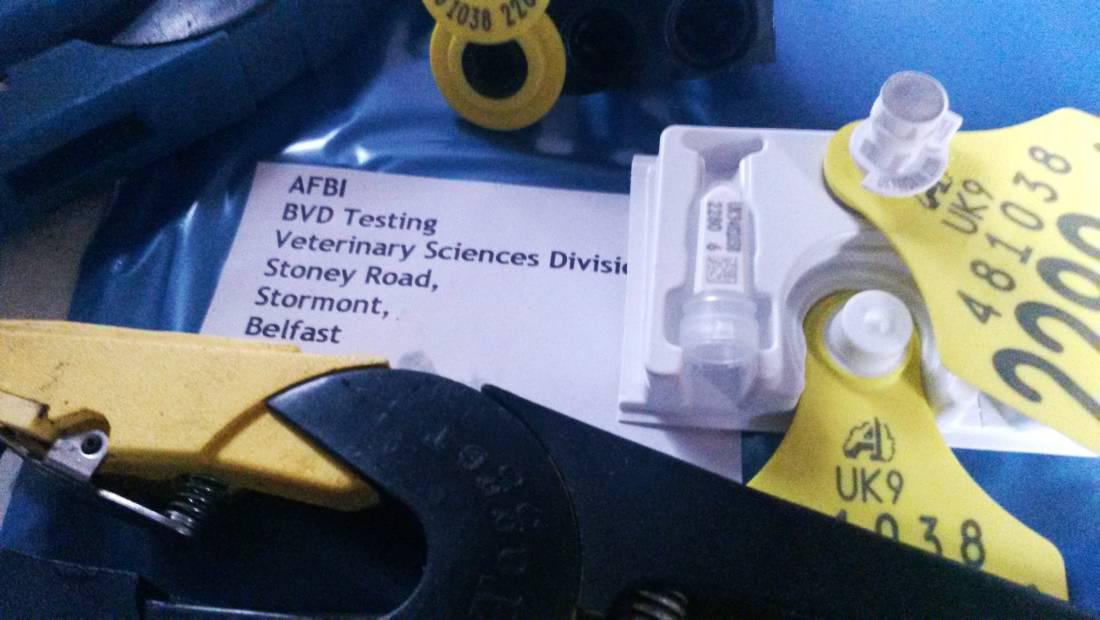
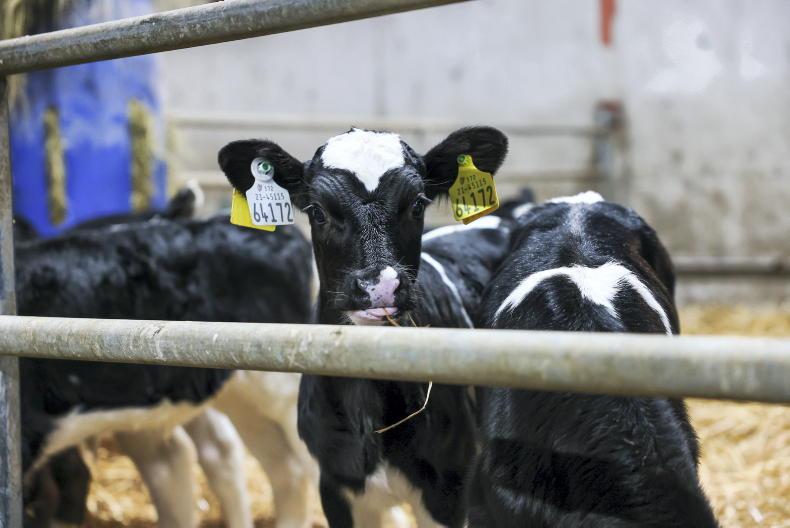

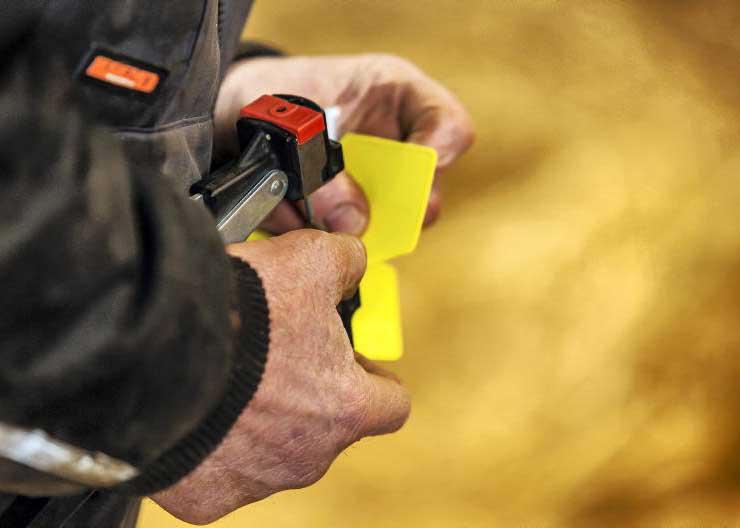
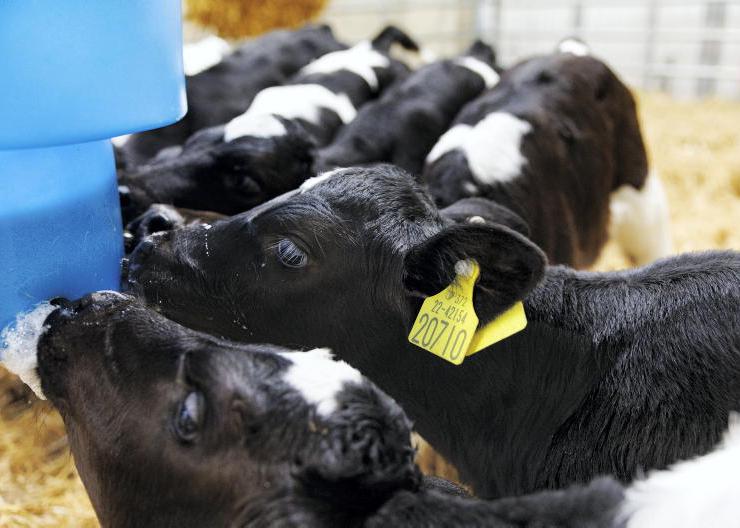
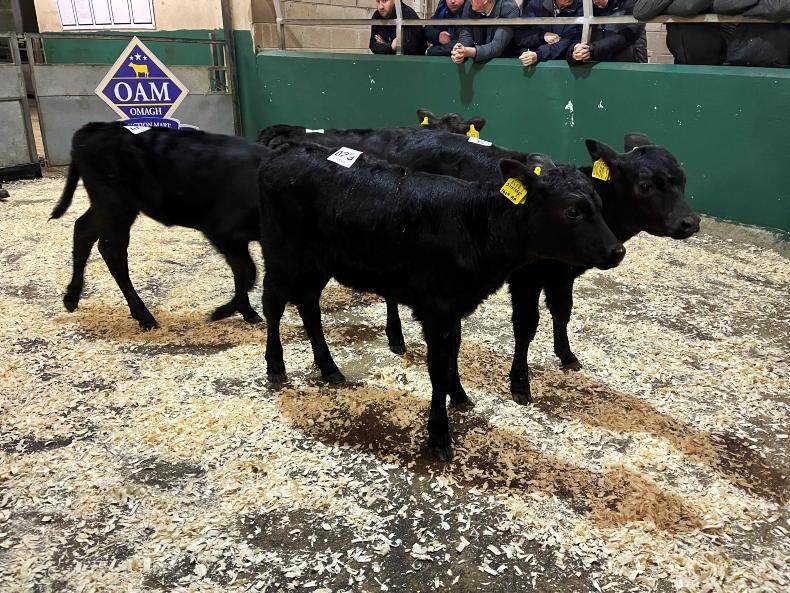
SHARING OPTIONS